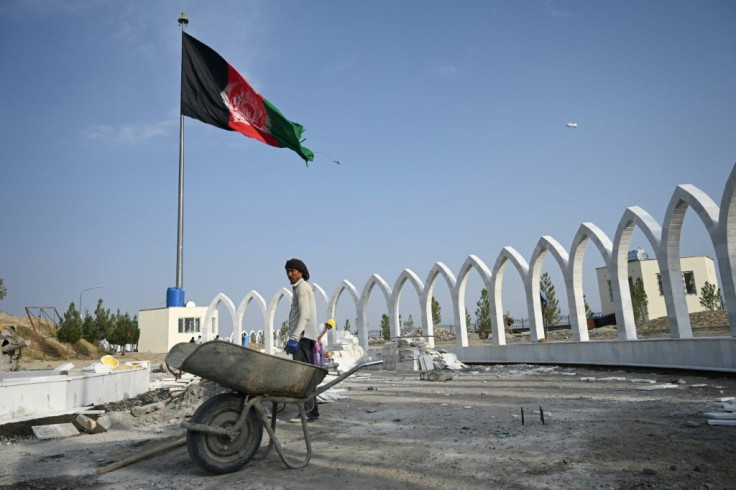More Than 2,000 People Killed In Afghan Reconstruction Missions Since 2002

Attacks on reconstruction missions in Afghanistan have left more than 2,200 people dead and almost 3,000 wounded since 2002, according to an official US report released Tuesday.
The "Human Cost" report came as at least five people, including civilians, were killed in a blast in the first major attack in the capital city Kabul in months.
Between April 2002 and the end of last year 2,214 people were killed outside of combat, said John Sopko, the Special Inspector General for Afghanistan Reconstruction (SIGAR). He said 284 Americans were among those killed.
The assessment is the first to focus on reconstruction operations alone -- restoring infrastructure and institutions, building hospitals and schools, as well as military or civilian training -- and not on combat missions against the Taliban or other jihadist groups in the country.
It also does not take into account attacks on American bases or assaults on civilian targets, said Sopko, instructed by the US Congress to monitor the use of American funds in Afghanistan.
Afghans suffered the most casualties, with 131 soldiers and 1,447 civilians killed as they worked on operations to rebuild their country.
Of the 284 Americans killed, 216 were soldiers and 68 civilians, said the inspector general, adding that 100 nationals from various coalition nations engaged in Afghanistan were also killed, as well as 124 third country nationals.
"For years, SIGAR has spent considerable effort to track the financial costs of reconstruction and stabilization activities in Afghanistan. However, little effort has been made up to now to track the human costs - the number of people killed, wounded, or kidnapped - to accomplish these activities.
"This has left policy makers with an incomplete picture of the true cost of our efforts in Afghanistan," Sopko said.
Violent attacks jumped to record levels in the last quarter of 2019, SIGAR said -- even as Washington and the Taliban continue to wrangle over a possible deal that would see American troops begin to leave, in return for security guarantees.
© Copyright AFP 2024. All rights reserved.





















